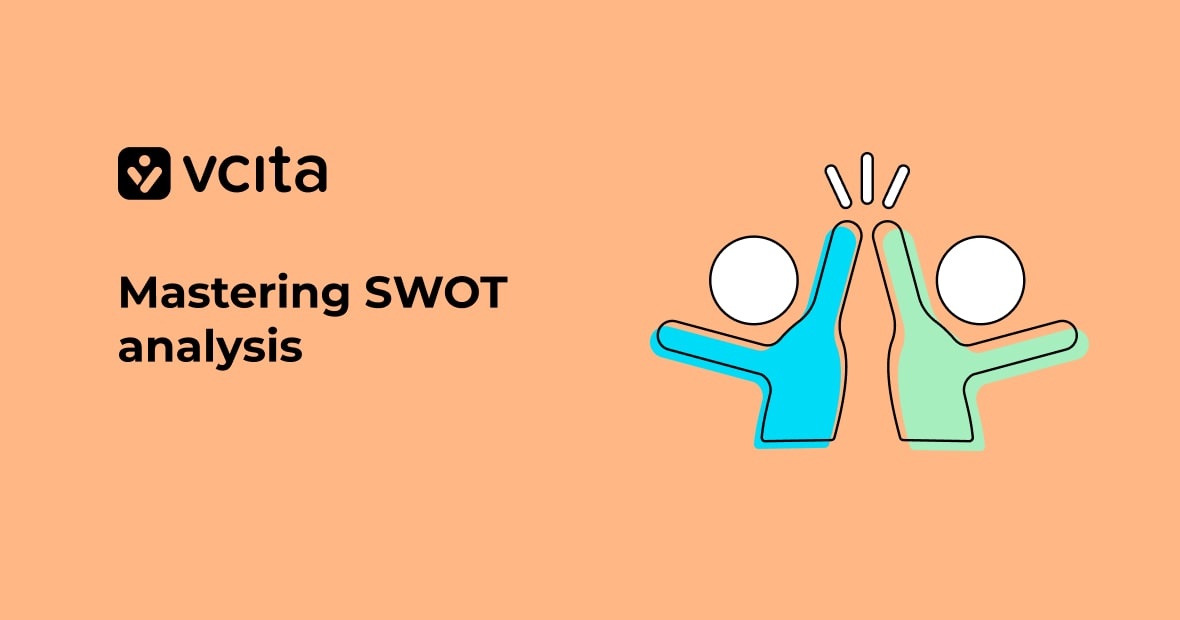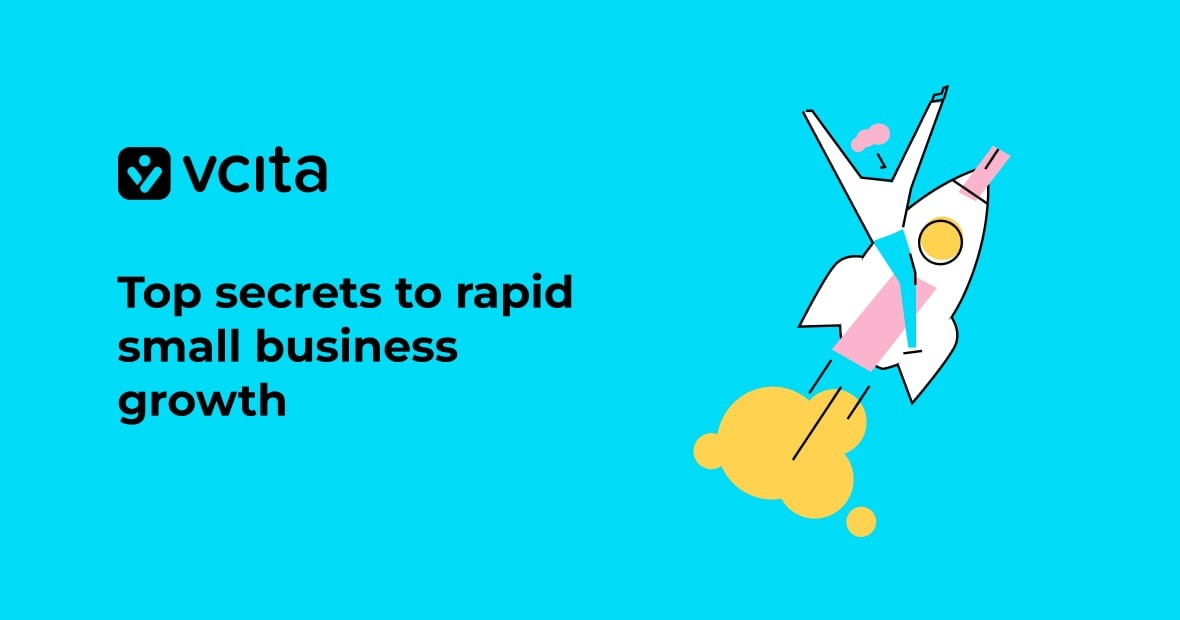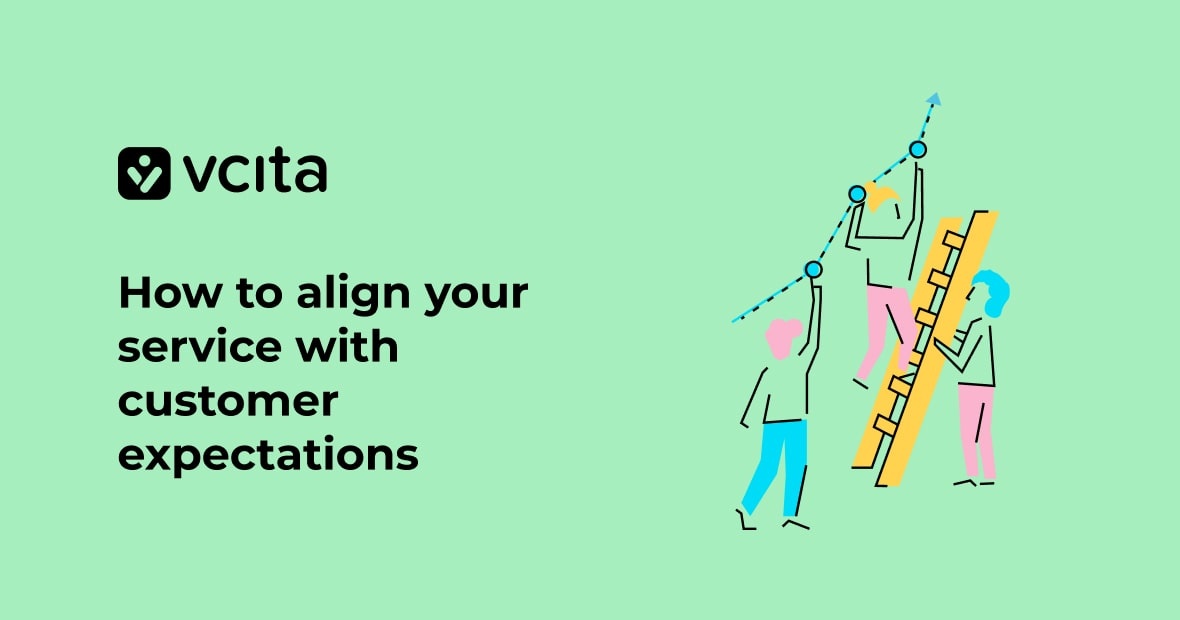Contrary to popular opinion, money does not make the world go round. We’ll leave that to subatomic particle interactions, intermolecular forces and gravity.
Money DOES, however, make a business go round. Where are you getting yours?
If you do decide that you need more available cash than you have in your business coffers, check out the following mini-resource guide to small business loans. We’ve researched the kinds of loans that will aid your business to grow and give you positive opportunities.
There are two main types of loan opportunities available for small businesses: lines of credit and term loans.
Let’s go through both of them and discuss their pros, cons and variations.
Option #1: Small Business Lines of Credit
A small business line of credit enables you to access funds as the need arises. The line of credit will have a maximum sum available. You start paying interest (usually monthly) for any money that you have already availed yourself of. The principle is usually amortized over the years that your credit line is maintained for.
Pros:
- Guaranteed funds available for length of time of credit line
- Only start paying interest when you actually use the money
- Lower credit limits typically don’t require security/collateral
- No penalty for repaying early
Cons:
- Most lines require annual renewal (typically with a renewal fee)
- Interest rates can be quite high, especially if you have a bad credit history (up to 99% APR in some cases!)
Variations on the theme of small business lines of credit:
1. Accounts receivable line of credit
An accounts receivable line of credit is a credit facility secured by the company’s accounts receivable (AR). The AR line is based on the current value of how much clients owe you for your services. As clients pay you, you pay back the lender. This AR line usually has the plus of not requiring collateral, as the accounts receivable act as the security.
2. Small business credit cards
If you’ve experienced credit card debt, you may be saying at this time, “No! No getting started with credit cards!”
But don’t overlook this option. Small business credit cards often offer promotional introductory rates of 0% for a short period of time (6-9 months), as well as cashback and rewards programs that allow you to earn rewards from purchases on the credit card. Using a business credit card also helps to build your business’ credit score, which is a separate entity from your personal credit score.
On the flip side, small business credit cards may require the principal owner to be co-liable with the company, putting your personal assets at risk. They also tend to have high-interest rates. Weigh your options carefully.
Where to get a small business line of credit
You can approach a local bank, which will typically provide higher credit limits, but will also have higher standards and qualification requirements.
You can also check out online funders, who often have lower standards and requirements, but as a tradeoff may offer lower credit limits and high interest rates.
Nerdwallet recommends the following online funders:
- Fundbox – Line of credit: Best for Business lines of credit up to $100,000
- StreetShares – Line of credit: Best for Business lines of credit up to $100,000
- OnDeck – Line of credit: Best for Business lines of credit up to $100,000
- Kabbage – Line of credit: Best for Business lines of credit up to $250,000
- BlueVine – Line of credit: Best for Business lines of credit up to $250,000
Small business credit cards are available from American Express, CapitalOne, Bank of America, and many others.
What you need to get a small business line of credit (typically)
For banks:
- Several years in business
- Strong revenue
- Documentation: personal and business tax returns, bank account information and business financial statements, such as profit-and-loss statements and a balance sheet
For online lenders:
- 6 months in business
- $25,000 in annual income
- A credit score of 500 or above (some lenders may be flexible and accept lower credit scores)
Option #2: Small Business Term Loans
Small business term loans differ from lines of credit in that they are a lump sum which you pay back over a set period, usually anywhere from 6 months to 10 years. Interest is paid monthly and the principle is either amortized over the lifetime of the loan or paid in one payment at the end. Term loans can be secured or unsecured, and the interest can be variable or fixed.
Pros:
- Can be for large amounts (up to $500K, or even $5M with SBA-backd loans)
- Builds your business credit score when you repay on time
Cons:
- Interest payments start right away, even if you’re not yet using all the money
- If you want to repay early, there may be a penalty
Variations on the theme of small business term loans:
1. SBA loans
An SBA small business loan is a specific type of term loan backed by the U.S. Small Business Administration (SBA). SBA loans are offered at lower interest rates (6%-11% APR) and longer repayment terms. They are available to newer businesses without an especially strong credit or revenue. Lenders are more likely to approve loans when within the framework of the SBA, because the government will cover the repayment of the loan even if the borrower defaults.
The SBA is understandably picky about who they grant these special terms to, so downsides include strict eligibility requirements and a time-consuming loan application process. If you need the money fast, this is not the path for you.
2. Working capital loans
When you need working capital for your small business, the need is usually short term and not financially staggering. Typical example: right after the holiday season, revenue usually drops. Your clients are still recovering from all their holiday expenses, they’re ignoring you, and your income statements are showing that. But you still have to pay your business expenses: rent, employee salaries, and the ever important CEO salary (you need to eat, too!).
Enter working capital loans, often used to keep on top of fluctuations in revenue and expenses. Loans are short-term, from 30 days to 1 year, and range from $5K to $100K. Some working capital loans are unsecured; some require security, to the extent of making the owner personally liable for returning the loan.
Where to get a small business term loan
Like lines of credit, term loans are available from both banks and online lenders.
Nerdwallet points out the following recommended online lenders:
Credibility Capital – Online term loan
Currency – Equipment financing
Funding Circle – Online term loan
OnDeck – Online term loan
QuarterSpot – Online term loan
SmartBiz – SBA loan
StreetShares – Online term loan
Paypal also has an online business financing option.
If you want to go the SBA route, you can use the SBA’s loan search tool.
What you need to get a small business term loan (typically)
For banks:
- At least two years in business with good performance and annual revenue
- Excellent personal credit score (over 680)
- Strong enough cash flow to cover loan payments
- Collateral
For online lenders:
- At least one year in business
- Minimum annual revenue of $50K-$150 (depending on lender)
- Good personal credit score (over 500)
- Strong enough cash flow to cover loan payments
Go it a-loan!
Do you relate to the popular wisdom of “it takes money to make money?” If pulling yourself up by your bootstraps doesn’t seem like a feasible, practical or attractive option, then pick and pursue whichever of the above loan options seems to fit you and your business situation.
Best of luck in securing funding and growing your business!





